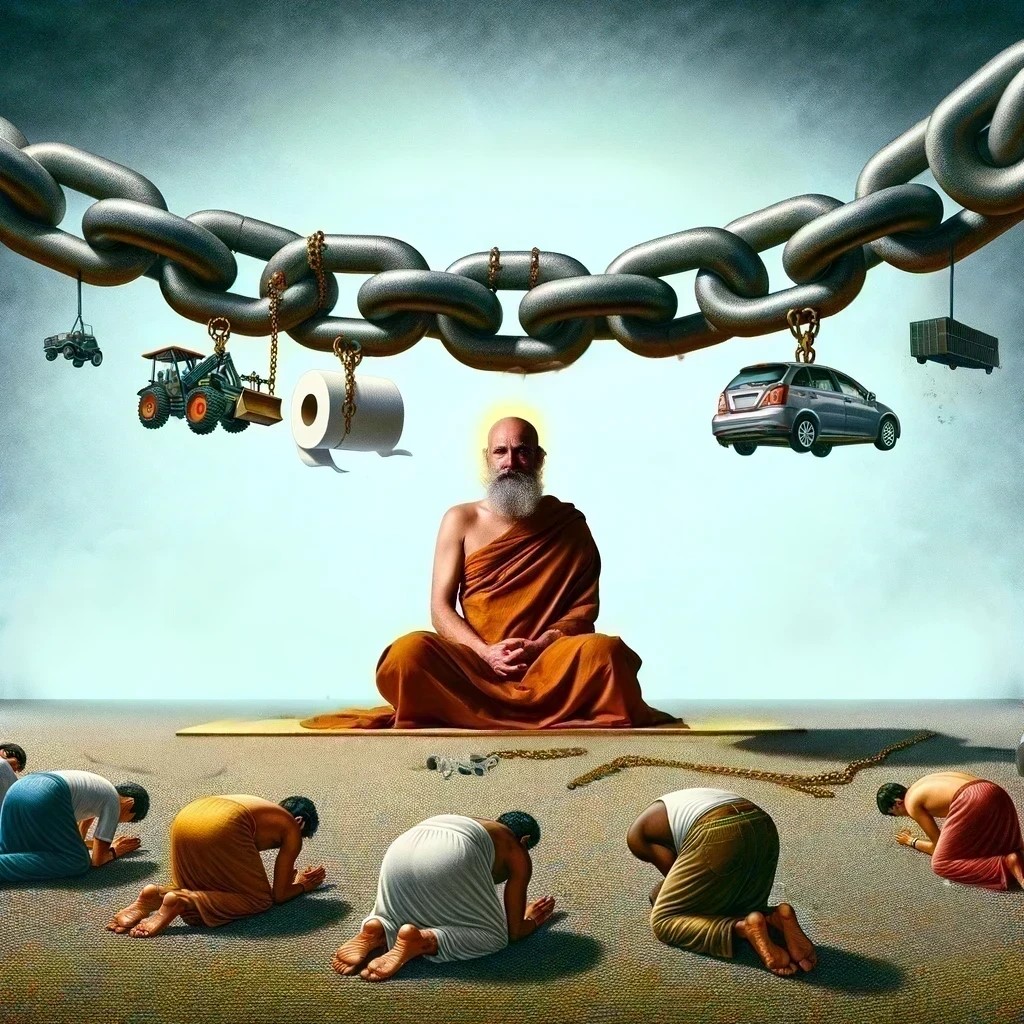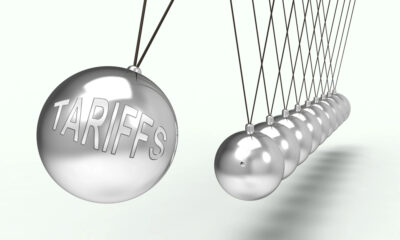Finance
The war on prices – Econlib

Co-blogger David Henderson helpfully reported the publication of an interesting book edited by Ryan Bourne, The war on prices. Authors I am honored to be a part of also include Brian Albrecht, Pedro Aldighieri, Nicholas Anthony, David Beckworth, Ryan Bourne, Eamonn Butler, Vanessa Brown Calder, Michael Cannon, Jeffrey Clemens, Bryan Cutsinger, Alex Edmans , Peter Jaworski , Deirdre McCloskey, Jeffrey Miron, Liya Palagashvili, Joseph Sabia, JR Shackleton, Peter Van Doren and Stan Veuger. The book provides a broad overview of the essential role of prices. (By initiating and coordinating this effort, Ryan has accomplished a remarkable feat.)
My own article, entitled “A Rising Product Price Does Not Cause Inflation” (pp. 19-27), focuses on the crucial distinction between relative prices and inflation. A few excerpts:
We must clearly distinguish the two different phenomena: relative
price changes and changes in the general price level.A relative price is the price of a good in relation to its price
from another.Inflation is an increase in the price of all goods in terms of money.
The general price level (and therefore inflation) as such is technically unobservable and must be estimated, usually using a weighted average of observed individual prices, as in the CPI. But we must keep in mind the difference between what we are trying to measure and the calculated estimate of it.
If there is inflation, the change in a given price will include both the relative change (without inflation) and the effect of inflation.
If an observed price—for example, the price of roast beef or gasoline—arises from both a relative price change and inflation, the observed price cannot cause inflation.
The CPI and similar indexes can be useful indicators of, or warnings of, inflation, but only if we realize their inherent limitations.
It is important to realize that inflation is a monetary phenomenon that has nothing to do with the supply chain fetish. The supply chain’s misleading explanation provides central governments with an excuse to inflate the money supply to finance their selfish interventions.
***************************************************
The supply chain fetish, from DALL-E and PL













